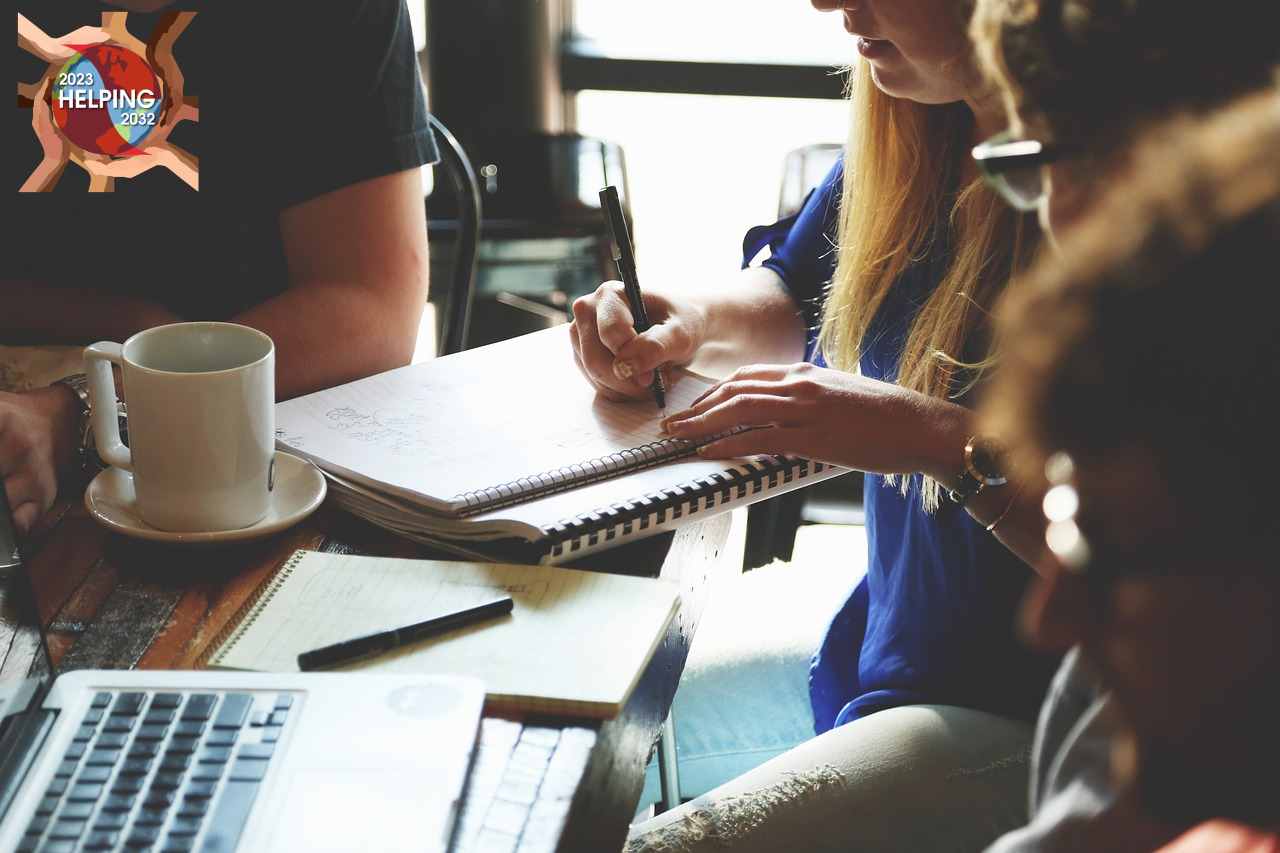HELPING - Science For Water Solutions Decade
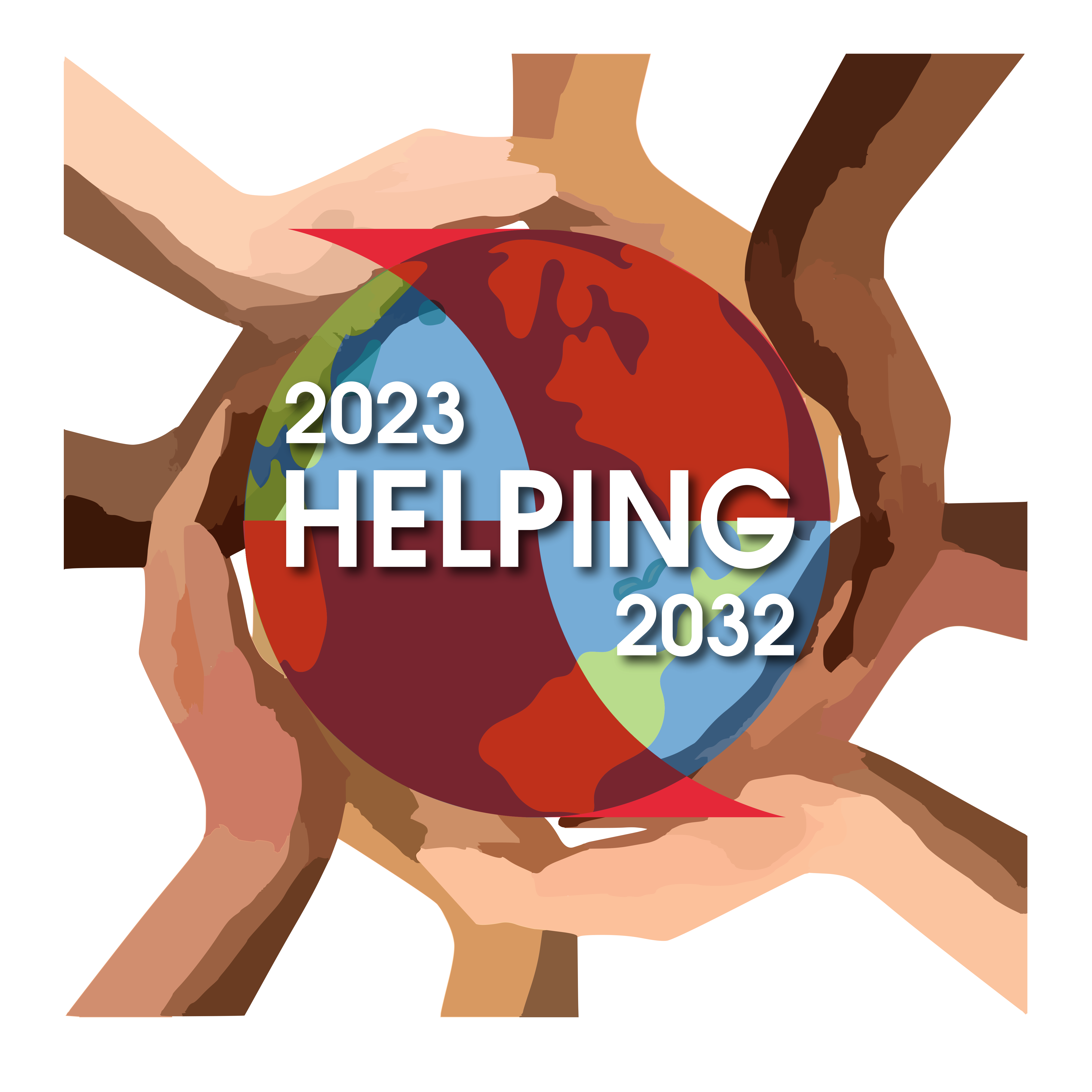
The 3rd IAHS Scientific Decade 2023-2032
The third IAHS scientific decade is dedicated to water solutions in the Anthropocene. The name HELPING stands for Hydrology Engaging Local People IN one Global world. This decade is a bottom-up process empowered by local hydrologists and scientists using open science and local data/methods when solving local water problems. We envisage that the building of local knowledge and cooperation can inform scientists working under similar situations or facing unexpected events worldwide. (e.g., learning from floods or droughts in one catchment) will inform hydrologists and water management in other catchments. You are invited to contribute to the process and sign up to a working group HERE. Read more in the visionary community paper. HELPING underpins solutions for the water crisis, leaving no catchment or hydrologist behind, in search for scientific evidence to:
- Accelerate the understanding of the linkages between hydrological processes at local and global scales and their interaction with water resources.
- Engage with local scientists and societies to learn from local experience, differences in hydrological processes and change around the world, and transfer solutions globally.
- Synthesising hydrological understanding across the globe and underpin the management of current crises by finding holistic solutions to mitigate future crises.
The new decade was elaborated in a community process during 2023.
HELPING Themes and Working Groups
Find out more about the HELPING Working Groups here. The number, and topics, of HELPING Working Groups evolve over time and vary in size, form and duration. If you find a group that aligns with your research interests, sign up here or reach out to the leader directly. Alternatively, you can email us at [email protected]. Your journey toward scientific collaboration and discovery begins here! Let's unite, innovate, and make a lasting impact together during the HELPING Decade!
Working Groups are encouraged to refer to the living document on Principles and Guidelines, which was developed in response to community requests. This document also provides insights into best practices for running a Working Group, drawing on the lessons learned from past scientific decades on how to manage them effectively.
The vision of HELPING is to solve fundamental water-related environmental and societal problems by engaging hydrological scientists with other disciplines and local stakeholders across the globe. We currently have a large number of well-proportioned Working Groups but we are especially looking for new cross-cutting suggestions such as:
- Working groups on interdisciplinary research -> expansion of socio-hydrology -> legal, economic tools, behavioural tools
- Working groups on integration -> a scientific approach to bottom-up integration
We look forward to receiving your valuable suggestions for new Working Groups.
HELPING Leadership
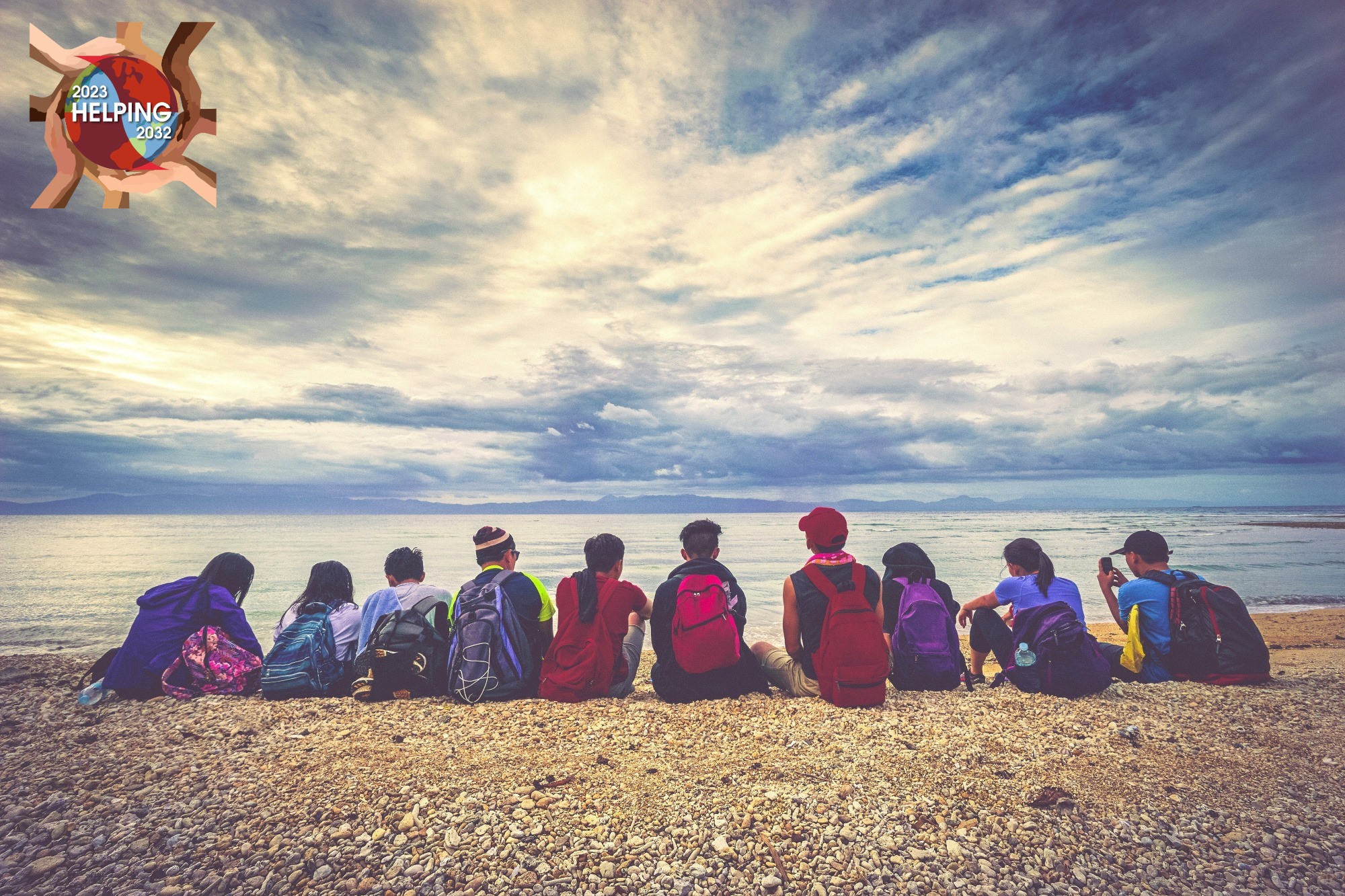
The HELPING Chairs are appointed for a biennium by the IAHS Management Team after an open call for applications. This decade is a bottom-up process empowered by local hydrologists and scientists using open science and local data/methods when solving local water problems. The Chair is responsible for:
- Promoting the IAHS HELPING Decade
- Coordinating the activities of the Working Groups via the three Theme leaders
- Encouraging the publication of community papers from the Decade and initiating synthesis papers across themes.
- Reporting annually on the HELPING Decade progress to the IAHS Bureau
- Leading an annual online HELPING Decade conference or similar event.
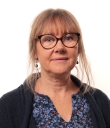 |
First biennium Chair: 2023 to 2024 | IAHS President Prof. Berit Arheimer, Strategic Leader at SMHI's hydrological research unit. |
| Second biennium Chair: 2025 to 2026 | Prof. Thom Bogaard, distinguished hydrologist and geomorphologist based at TU Delft. |
The HELPING Working Groups have been crafted through community proposals and are categorised into three themes with their respective Theme Leaders:
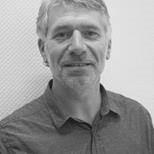 |
Theme 1: Global and local interactions 2024 to 2025 | Prof. Justin Sheffield, University of Southampton, England. |
 |
Theme 2: Solutions for water security 2024 to 2025 |
Prof. Ana Mijic of Imperial College, London. |
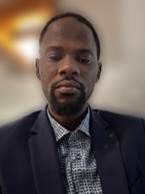 |
Theme 3: Cross-Cutting Goals 2024 to 2025 |
Asst. Prof. Adeyemi Olusola of York University, Canada. |
Increase the visibility of your Published Papers
The spirit of HELPING collaboration and innovation is in full swing and we are excited to share that our global community is coming together to make a meaningful impact to understand and handle the water crisis of the Anthropocene. The journey ahead for the HELPING Working Groups promises excitement, growth, and an opportunity to make a meaningful impact. Together, we will redefine what's achievable and set new standards for success. With joint efforts we can make a difference as a community, and we're excited to have you on board.
All papers acknowledging HELPING will be listed above, in Published Papers, for citations and inclusions in review with synthesis of scientific achievements during the HELPING decade. You are invited to complete this Form, or email [email protected], to add a HELPING paper to the list. For example, acknowledgements could be phrased as follows:
- This work was performed as part of the IAHS HELPING Working Group on “name of WG”,
- This work was inspired by the IAHS initiative HELPING: “Hydrology Engaging with Local People IN one Global world”,
- This work contributes to the goals of the IAHS scientific decade of HELPING (2023-2032).
Online HELPING Conference, 26 November 2024
Last year's online HELPING conference was a success and was repeated 26 November 2024 in a new format, addressing some of the suggestions made at the side event at EGU. The final program is here. The Working Groups were gathered to highlight progress and discuss collaboration.
Want To Know More About HELPING
If you're new to the world of HELPING and eager to get involved, don't hesitate to reach out to us. Our team is not only passionate about our mission but also excited to provide you with all the information you need. Don't hesitate to get in touch with us. Just drop us an email at [email protected], and let's embark on this scientific journey together. Your quest for knowledge starts here!
- Join a Working Group
- Join IAHS membership
- Join Digital Water Globe
- Follow us on social media

